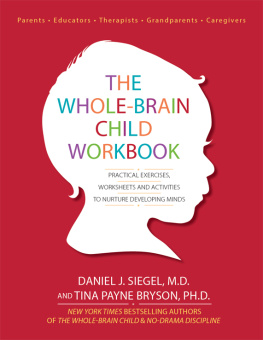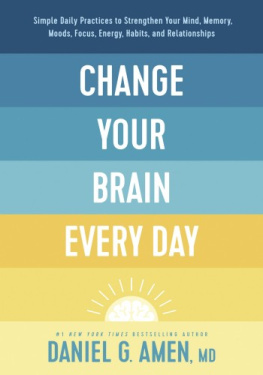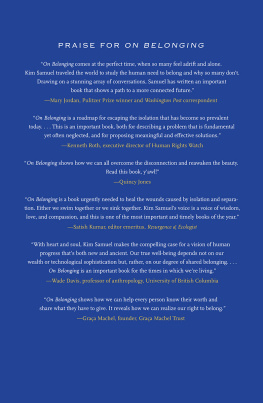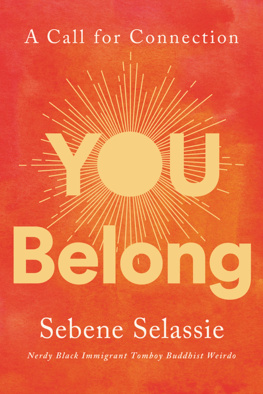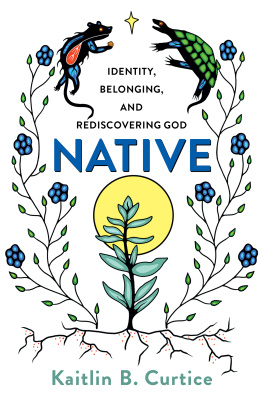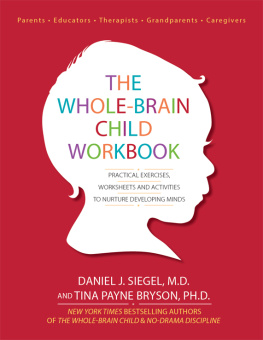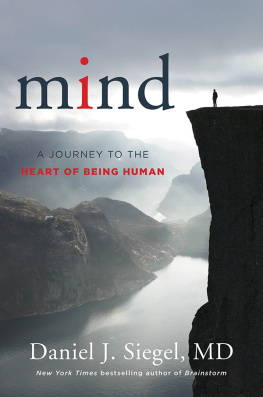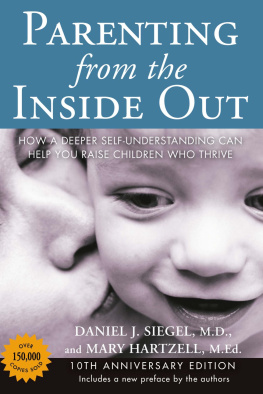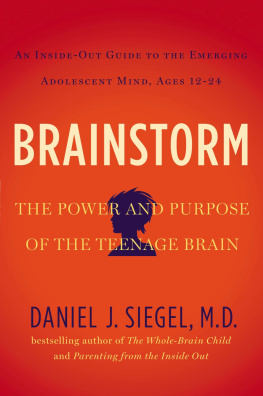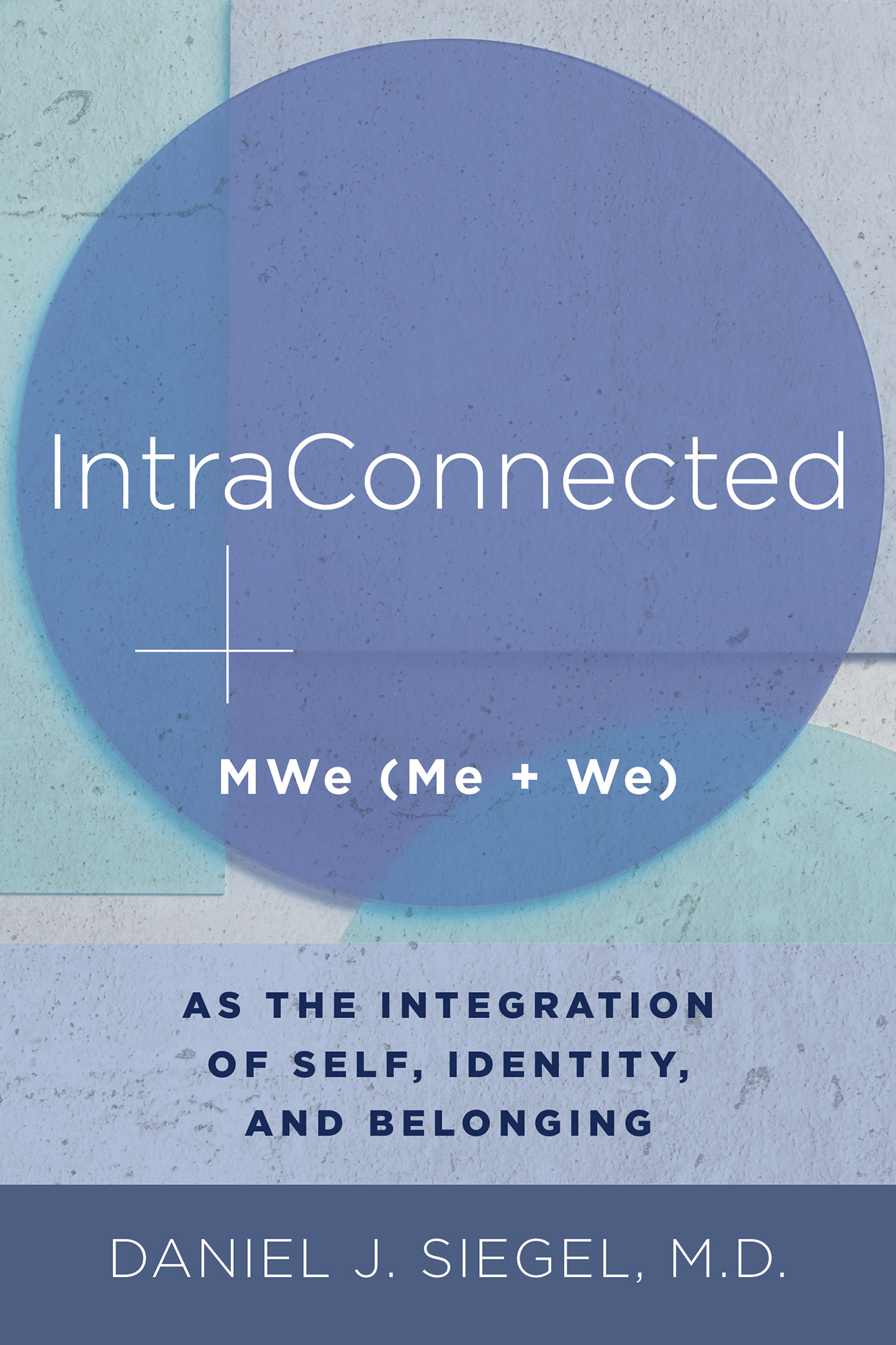Contents
List of Figures
List of Tables
Guide
Pagebreaks of the Print Version

To each of us, siblings in the intraconnected family of the whole of nature
Contents
Weaving the internal and external, the subjective and objective, IntraConnected reveals how the wiring in our brain, as well as the messages of modern culture, may reinforce a way of living and a belief system based on the view that our fundamental nature is one of independence, of separationa life to be lived as a solo, isolated self. Yet a wider perspective, revealed in new views of contemporary science and echoed by the wisdom of generations of Indigenous and contemplative traditions, unveils that who we are, our deeper reality, may actually be something more than isolated individuals interacting with one anotherones mind and the experience of self it creates are broader than the brain, bigger than the body: Each are fundamental to the social systems and the natural world in which we live. Investigating the nature of how our experience of what we often call self and of how the related experiences of identity and belonging emerge across the lifespan, from twinkle to twilight, this exploration combines personal reflections, lessons from contemplation and Indigenous knowledge, and findings from immersive meditative practices with scientific discussions of how the mind, brain, and relationships shape who we are and who we can become. Our body-based selfthe origin of a Meis not only connected to others but also connected within these relational worlds themselves: a We, forming the essence of belonging and a broader sense of self that forms our identity. Who we are is both within and between: Me plus We equals MWe, the reality of an integrative wholeness of our intraconnected lives.
IntraConnected
Belonging in the worldfeeling membership, an experience of joining in our connections with people around us and with natureis shaped by our identity, the defining features of our center of experience of being alive, our sense of self. I invite you to join me in the conversational journey of this book, a way we con-verse or together-turn our attention in exploring the experience of becoming who we arehow we develop a sense of self, identity, and belonging.
But what exactly is this self truly made of?
A range of scientific approaches to this question leads to a suggestion that the term self generally refers to how we experience the subjective sensations of being alive, the perspective we have on the world, and the agency we assert in shaping our behavior and interactions. When we use the term self, we broadly mean our sensation, perspective, and agency.
Yet there are many approaches other than science for exploring reality. Science is a term we use to generally denote a rigorous way humans observe patterns in the world and create hypotheses about what that world is like. In Western science, we test those ideas with experimental paradigms to challenge our viewpoints and confirm, or disprove, our proposals on the nature of nature; on the way reality functions. I have been trained in the Western educational system, as a scientist as well as a physician, and this scientific method of hypothesis-testing and refutation has been the foundation for what Ive learned as a researcher and clinician. Some of these Western scientific explorations of what the self is involve heated debates, animated discussions that will naturally continue, about the nature of who we areabout what the self is. We wont be solving these disagreements here, but will, hopefully, find a way to build on the disparate insights in helpful ways.
In their breadth across a range of disciplines, from neuroscience and psychology to anthropology and philosophy, these Western perspectives contain an array of empirical and theoretical approaches to identity and belonging, as exemplified by academics such as Baumeister (1998), Breger (1974), Clark (2016), Damasio (2010, 2018), Godrey-Smith (2016), Kegan (1982, 1994), Kelly (1995), Markus and Sentis (1982), Marsella, DeVos, and Hsu (1985), and Stern (1985). While we will build on these scientific foundations, this will not be a discursive academic review; however, it is an invitation to build on fields of knowledge to find their common ground, illuminate relevant implications, and then suggest practical applications for how we might come to live in more generative, health-promoting ways in contemporary times. While we will draw on the overall insights of these various scientific explorations in our conversation here, we will build a framework that incorporates many other perspectives as well, with the intention of engaging in a discussion about who we are, individually and as a human family, and where we might choose to go in the immediate future. With consciousness opened up to these ideas, choice can become possible. It is my hope that joining together in this immersive exploration will give us a foundation for intentionally shaping our experience of self, identity, and belonging in ways that enable us to thrive in this wondrous world we all share.
This Western bias of my training has also naturally shaped how I have been practicing as a psychotherapist for over thirty-five years. While looking for answers from science and medicine was a place to start, my search needed to be expanded by turning to wisdom traditions and immersive experiences of helping others as distinct but equally important ways of knowing about the nature of our lives. Within the human endeavor to make sense of the world, non-Western approaches to a disciplined way of understanding realityincluding forms of Indigenous science in the careful observation of nature as well as contemplative insights from extensive meditative practices into the nature of the mindoffer important perspectives on the world and how life unfolds. These disciplined ways of studying reality may not use the Western hypothesis-testing approach and peer review process, but they offer crucial and distinct ways of rigorously observing and exploring the nature of our worldand of our self.
In these pursuits of understanding of this self, known as Dan, I have come to appreciate that our sense of self sometimes becomes distorted and misleads, constricts, and limits our well-being in life. Our subjective sensations may become filled with suffering experienced as chaos and rigidity; our perspective limited or distorted by filters beyond our awareness; our agency hampered by paralysis or overwhelmed by impulsivity.
In modern times, an experience of selfwhat is sometimes called a sense of selfthat is defined only by our individual body as a center of identity and belonging can lead to the sadly common experience of disconnection, disillusionment, and despair. The ensuing anxiety, depression, and even suicidal thoughts and behavior are painful outcomes that are steadily increasing in our modern societies. But if you, like me, live within a culture that subscribes to this perspective of identity equals body, isnt the self truly based solely in this bodily center? Akin to the statement that the mind is only the activity of the brain, questioning self as body alone is often not even a part of our inquiries into the nature of life. It is a modern construction, rarely challenged, that the individual is the center of self-experience. It may even seem inevitable, through this particular lens on identity, to say that our sensations, perspective, and agency come only from an individual, bodily source.


